Admit it: When the Yakuza franchise first debuted in the West in 2006, you probably didn’t play it. Nowadays, despite being rechristened as the Like A Dragon series, it’s become one of Sega’s biggest franchises.
But that success didn’t come right away. In 2015, the series had sold around 7 million units worldwide. While that’s nothing to sneeze at, it is a bit deflating, considering that includes five mainline games and a handful of spin-offs. Yet, as of last year, the series now has shipped 21 million units across the world. In the span of eight years, not only have the sales of the franchise tripled, but the Yakuza series has grown to a point where each new game is considered to be one of the most anticipated of the year. In fact, in just a few short days, the ninth installment of the series, Like A Dragon: Infinite Wealth, is set to debut and probably continue the series’ upward trend.
So, on the eve of the next entry’s release, I wanted to look back and see how we got to this point. How did we go from a franchise that debuted with tepid reviews and sales to a series that has a devoted fanbase that will spend hours upon hours exploring the open-worlds of multiple installments? Of course, the Yakuza/Like A Dragon series has always been strong in Japan, but how did the franchise become a globally successful series?

Make no mistake, when the first Yakuza was released in the West, it had a botched release. It wasn’t because the game was bad, far from it, but it was because it was shown off in the absolute worst way possible. The initial trailer for the first game had poor audio and voice acting due to it using an unfinished audio track, which wasn’t representative of the main game. I don’t know how that could have possibly happened, but it stunted the growth of the series almost immediately in the West. It got to the point where Sega was noncommittal on whether any future games would even come to the West.
What made things even worse was that the second game was released in 2008 on the PS2, three years after the PS3 had already been released. While some franchises didn’t immediately jump from the PS2 to PS3 after the console was released, most notably the God of War and Kingdom Hearts series, a lot of the smaller franchises that debuted late into the console’s life were swiftly overlooked. The Persona series and the underrated masterpiece Odin Sphere are probably the biggest examples of this, but Yakuza 2 could also claim to be a part of that group. From there, Yakuza fell into a lot of the same pitfalls that befall most long-running series; new numbered entries are seen as impenetrable without understanding prior releases.
I know this from experience. When I was in high school, I saw advertisements in magazines and online for Yakuza 4, and despite wanting to get into the series, I had no idea where and how to get the earlier games in the series. I read about the series online and got plot synopses of the previous games, but I still felt like I wouldn’t be able to fully enjoy the fourth game in the series without it. So because of that, I ignored the series for most of the 2010s since I just felt that the series was impenetrable due to how difficult it was to actually be introduced to the series.
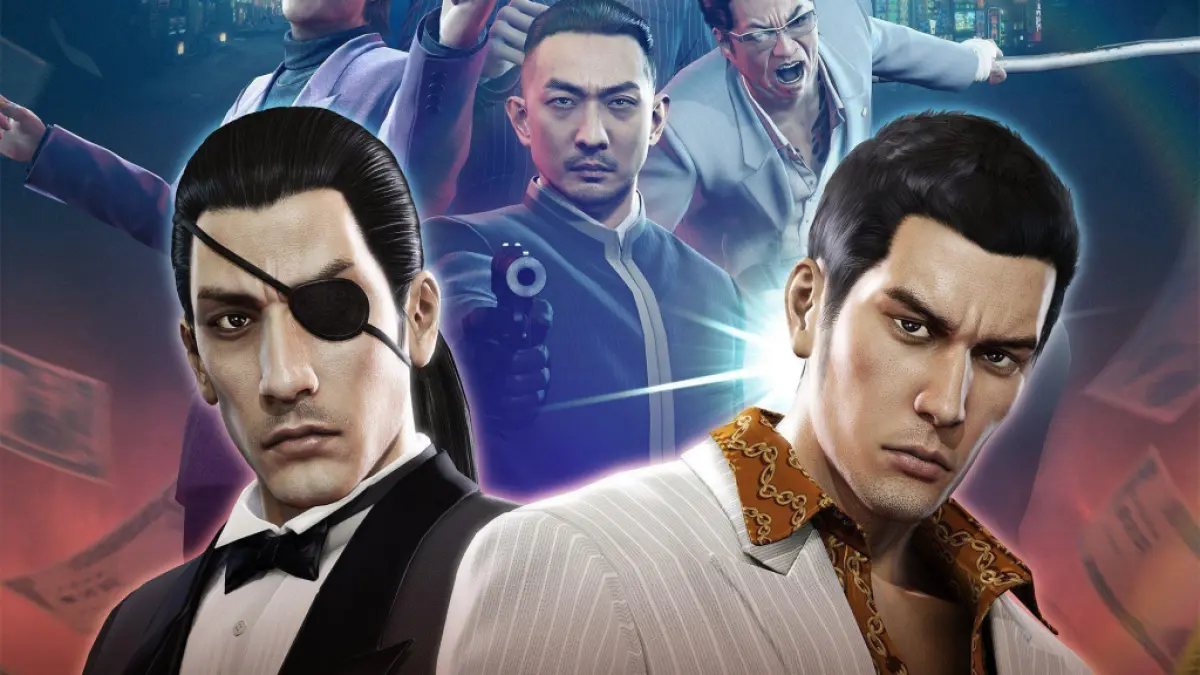
And then Yakuza 0 happened.
If I had to choose one moment when the Yakuza/Like A Dragon series finally penetrated the Western market, it was in 2017 with Yakuza 0. In a franchise that had been going on for a decade with many fans completely unaware of when the first game even came out, this game served as a perfect jumping-on point. It introduced players to long-running characters Kazuma Kiryu and Goro Majima at the beginning of their careers and planted the seeds for how they became the characters they did. It was a perfect slice of what made the Yakuza/Like A Dragon series so unique as an open-world action series. Its world was compact and small, with tons of side content for players to engage with and lasted a pretty decent amount of time. It says a lot that in one of the best years in gaming ever, with stellar games like Breath of the Wild and Persona 5, Yakuza 0 was one of the year’s early highlights.
Sega’s decision to aggressively push Yakuza 0 in the West worked. It was the most successful game in the series at the time, selling approximately over 2 million copies, and still is the highest-ranked Yakuza/Like A Dragon game critically in the West. People were looking for a jumping on point, and now, they had a reason to become invested in the series. Then Sega brilliantly took advantage of that fact by giving these new fans new versions of all of the previous games. Remakes of the first two games were released shortly after Yakuza 0’s release, and they were released for the same systems that Yakuza 0 came out on.
That may seem like no big deal, but with those remakes, as well as HD ports of the three Yakuza/Like A Dragon games that were released after Yakuza 2, you could now play the entire Yakuza/Like A Dragon series on one system. Seven mainline games were made available on the PS4, and now, there was no excuse for players to say that it was hard to access these early games. They were now readily available to play and were released digitally, too. The series was no longer locked to older hardware. Now, if you wanted to become invested in the series, nothing was stopping you. This is exactly what happened to my brother, who became a diehard fan of the series through this onslaught of releases. I mean, in approximately three years, seven mainline entries were released in the West. If that isn’t aggressive, I don’t know the meaning of the word.
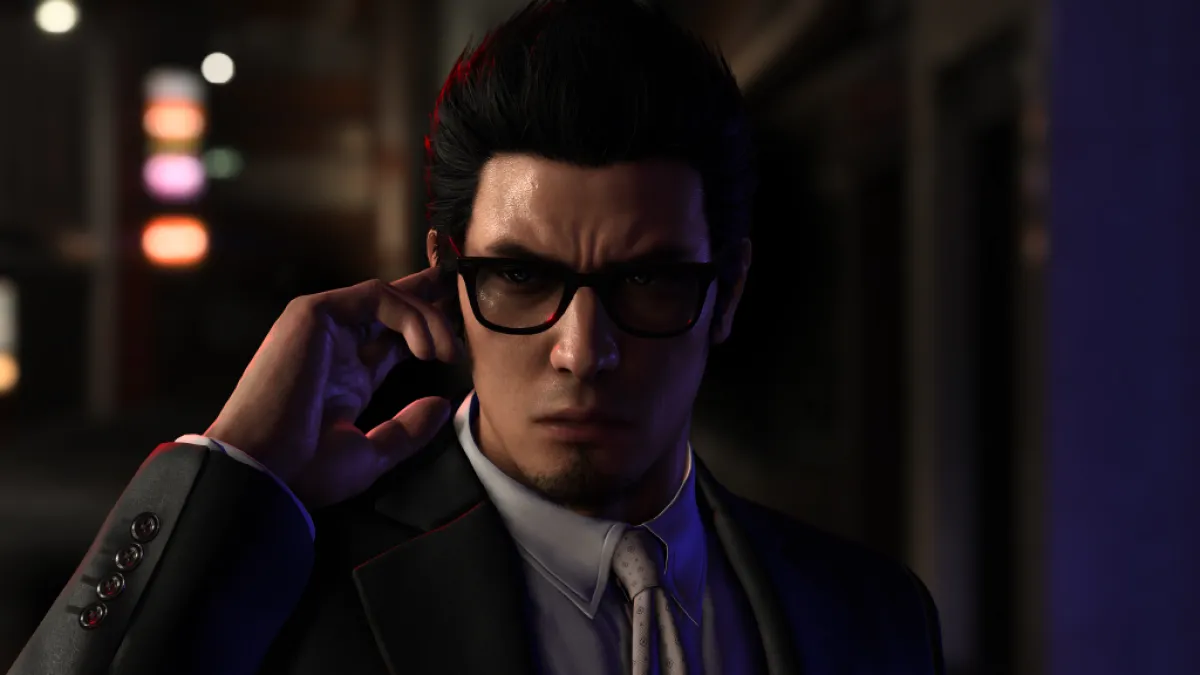
With a new fanbase firmly established, the rest of the story is actually pretty easy to follow. Yakuza: Like A Dragon took a major risk in the franchise by shifting genres from an action beat’em up to a turn-based RPG. To make things even riskier, there were major changes to the game’s narrative and central protagonist. One of the beautiful things about the Yakuza/Like A Dragon series was its overarching narrative following Kazuma Kiryu, but now, there was a new protagonist in the form of Ichiban Kasuga. It was a fresh start in a lot of ways. It also served as a launch title for the ninth generation of consoles, releasing day and date with the Xbox Series X/S. It was eventually released on PS5, and it was still playable on PS4, but it was a risk that could have stopped the forward momentum the series had been building for years.
Thankfully, players stayed along for the ride, and Yakuza: Like A Dragon became yet another million-selling entry in the franchise. It didn’t matter if it was released on a new generation of hardware, Sega finally had fans on the hook and could start releasing side projects and see if they stuck. There were a handful of spin-offs that were released in the early 2020s, like Lost Judgment, Like A Dragon: Ishin! and Like A Dragon Gaiden: The Man Who Erased His Name, and they didn’t sell as well as mainline entries, but they kept fans of the series satisfied on a year to year basis as more and more Yakuza/Like A Dragon games were released to keep them satisfied.
It does raise an interesting question about how Sega will continue to keep the series fresh and interesting for newcomers. Keep in mind that at this point, the Yakuza/Like A Dragon series has become somewhat of an annual release, whether it be through mainline games or spin-offs. And that’s perfectly fine, but I worry that the series may become stagnant with age, much like how Guitar Hero and Tomb Raider became tired franchises after a while. Like A Dragon: Infinite Wealth promises to offer up sizeable changes for the series, like having the largest open world in the franchise’s history, but sometimes having more isn’t necessarily for the better. I can think of plenty of open-world franchises that just kept on growing bigger and bigger until they became unsustainable, causing people to lose interest.
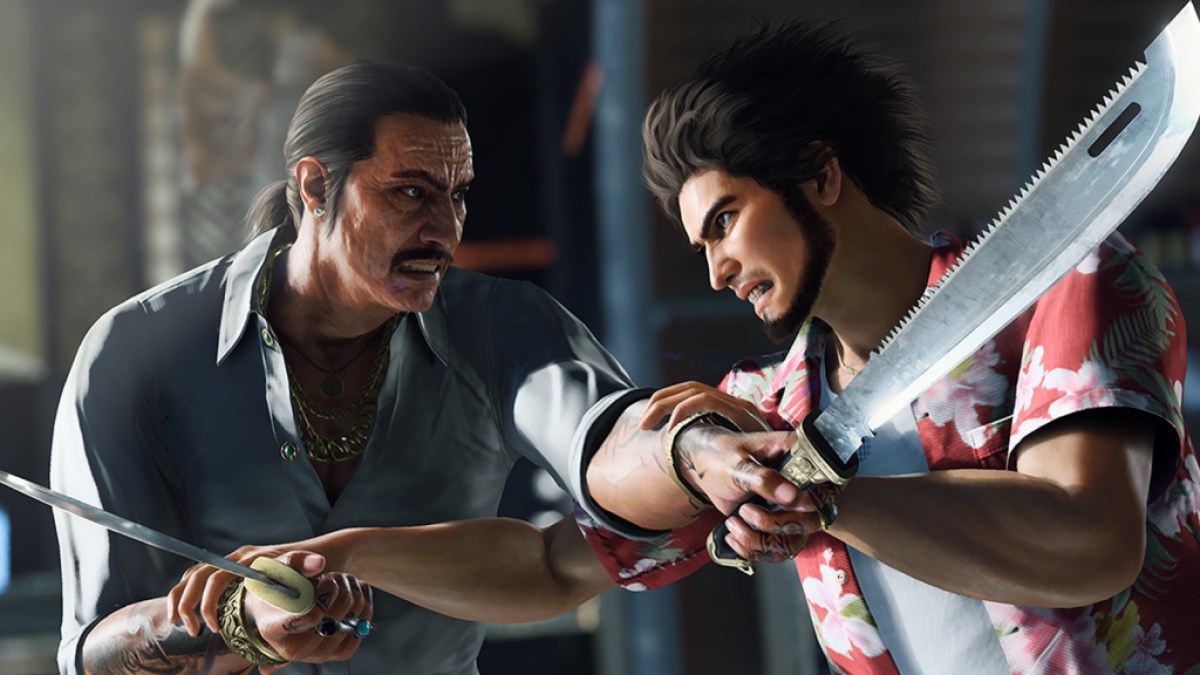
I’m not saying any of this could happen to the series because despite being someone who’s not a diehard fan of the series, I do respect what Yakuza/Like A Dragon does and represents. It’s a relatively new franchise in an era where most other series have been going on since the 20th century. It’s new blood and blood that attempts to stand out from the crowd with more intimate open-worlds and effective melodramatic storytelling. It’s a miracle that the series is still going strong today despite its rocky start, and it’s clear that the series is now one of Sega’s top priorities moving forward. So cheers to the Yakuza/Like A Dragon series for defying the odds and becoming one of the biggest success stories of the 8th generation of consoles! Keep it up, and maybe it’ll become one of the all-time greats.

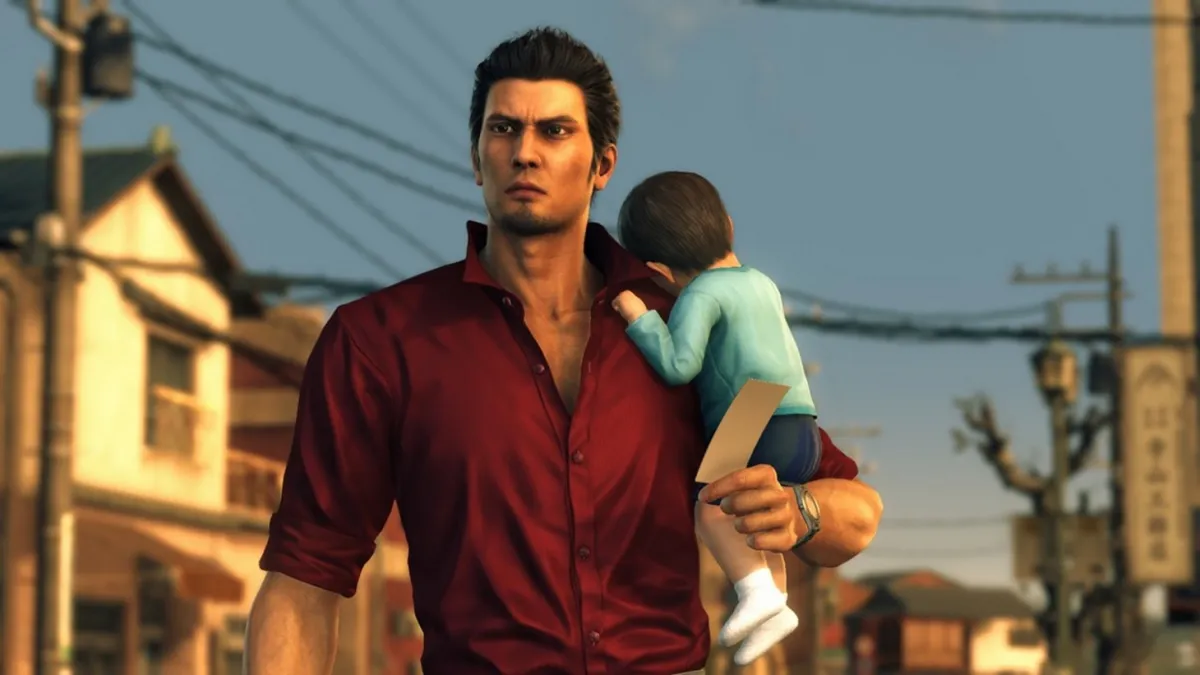
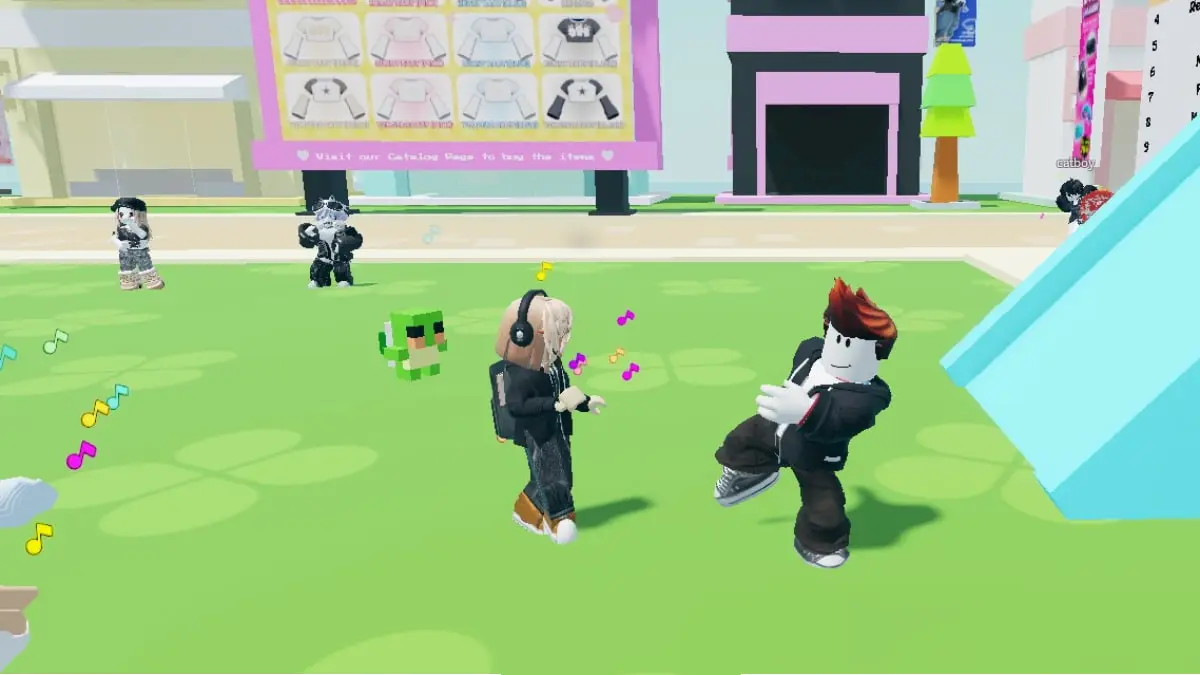
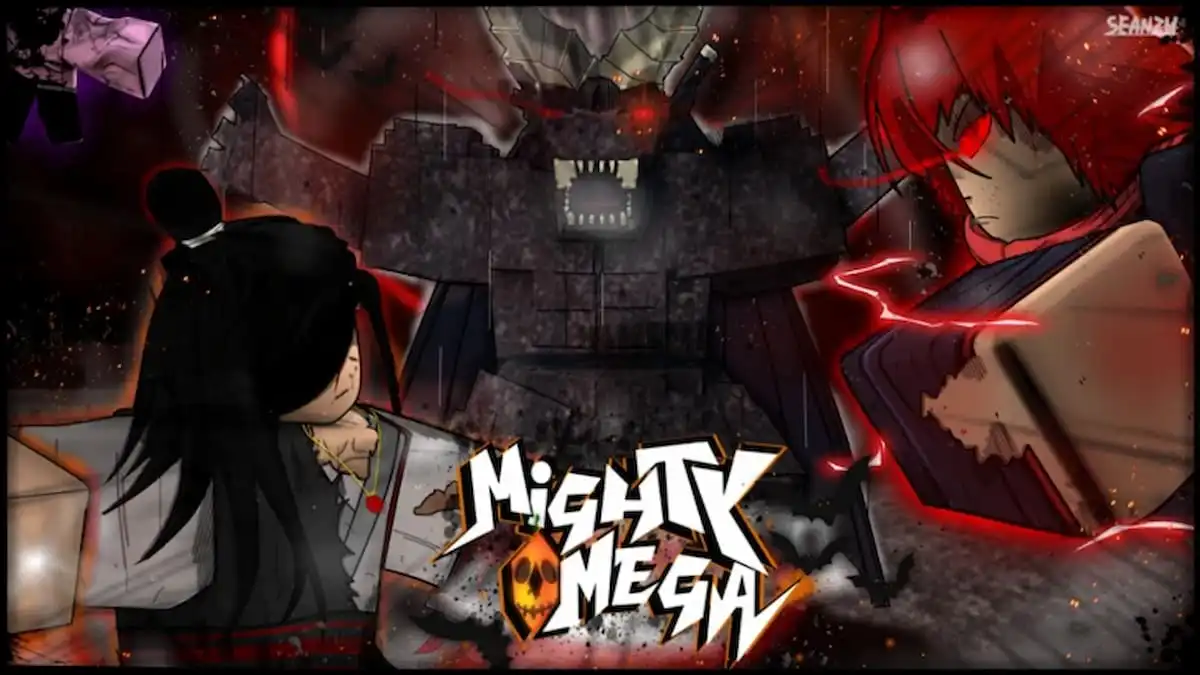
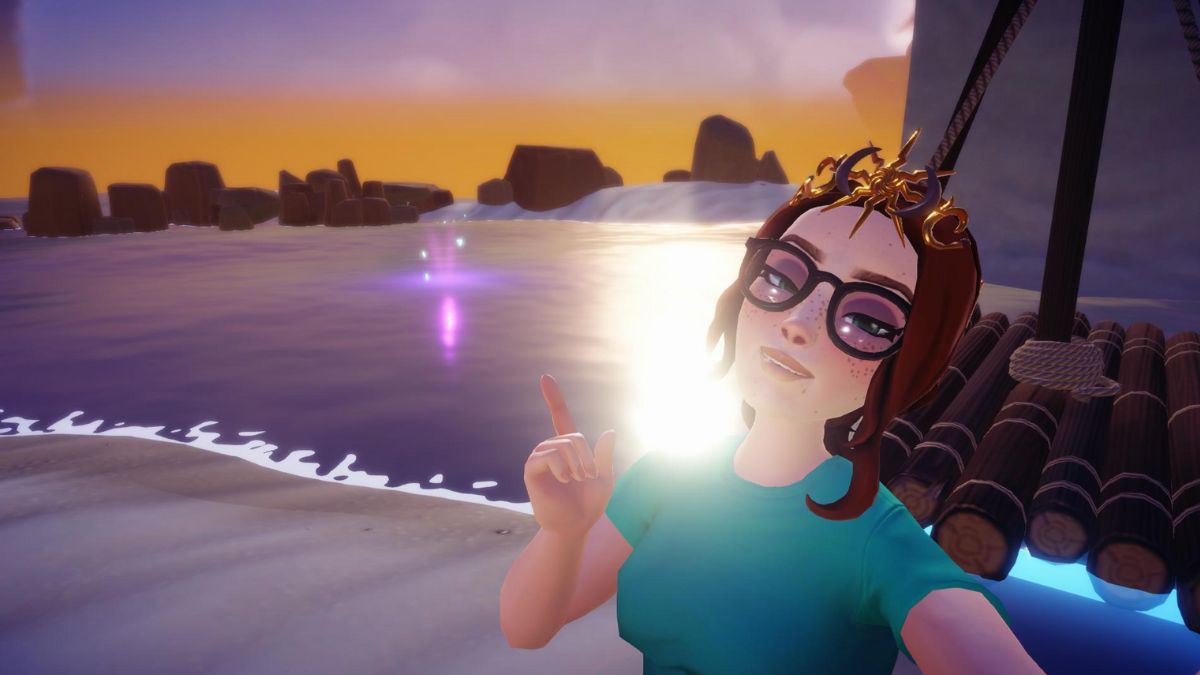
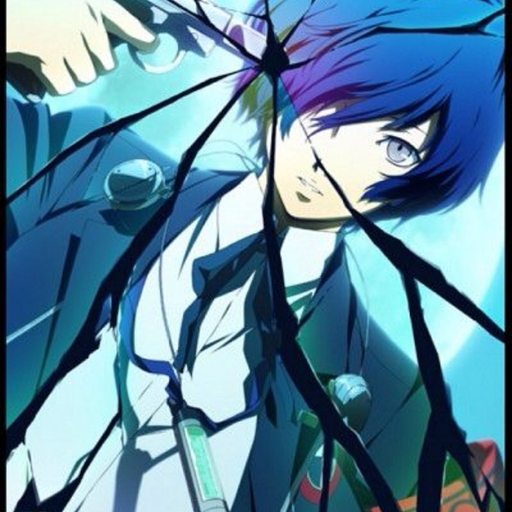
Published: Jan 25, 2024 01:50 pm